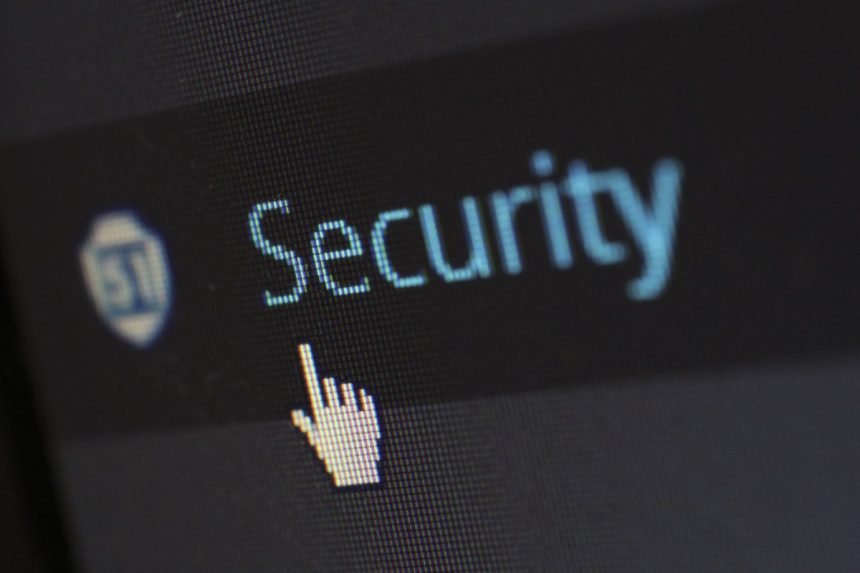Data has become one of the most important business assets for modern organizations. From customer and employee records to sales reports and tax summaries – your business used a diverse array of data for its routine operations.
Whether you’re running a bootstrapped startup or a global conglomerate, you’re likely processing huge amounts of data every day. Analyzing relevant and accurate data is particularly useful for informing your business’s decision-making process.
Nevertheless, the prevalent use of data also poses a plethora of threats to your business. From data breaches to ransomware attacks – your business data can fall prey to various types of cyberattacks. This, in turn, has escalated the need for implementing robust data security measures for all businesses.
Data Breaches Are on the Rise
Did you know that there were 1,473 data breaches in the U.S. in 2019? Worse still, more than 164 million sensitive records were exposed in those breaches. Also, the number of data breaches in the first half of 2020 crossed 540.
Now imagine what would happen if your customers’ private data was leaked during one of these attacks? Needless to say, it’s going to be catastrophic for your brand reputation and revenue. You’ll also likely end up on the receiving end of numerous lawsuits from disgruntled customers.
Moreover, if your competitors get their hands on any confidential business information, they could misuse it in various ways. For instance, if they get access to a new product prototype, they might launch a similar product in the market.
So, what can you do to protect your business’s sensitive data from such threats? The key is to employ adequate and effective data security measures at your organization. In this blog, we’ll dive deeper into the concept of data security and understand why it’s important. Let’s get started.
What is Data Security?
Simply put, data security is an umbrella term for all the protective measures you use to safeguard your business data against cyberattacks and breaches. It’s different from data privacy, which deals with how you’re handling the process of legally collecting and storing data.
But what are the measures your business can take to ensure data security? To begin with, it’s important to take routine backups of your data and store it in a secure environment. This is particularly crucial for maintaining business continuity in the event of a sudden loss of data.
Likewise, it’s important that your employees frequently update various passwords to reinforce security. You should also consider implementing role-based access control to restrict access to confidential data. Only your most trusted employees should be able to access, modify, and update such data.
Also, it’s recommended that you use modern technology solutions, such as firewalls and antiviruses, to protect your data. If you’re using a cloud storage solution, it’s a good idea to use zero-knowledge end-to-end encryption to protect your data in the servers.
You can take this up a notch by employing a powerful runtime encryption solution to protect your data round the clock, even while it’s being processed. Some services even let you store the encryptions keys in a trusted environment, away from the servers, for added security.
By now, you must have realized that implementing data security measures requires significant financial investment. Are you wondering whether spending so much money would be a wise decision? Read on to find out.
Does Your Company Need Data Security?
If you’re asking this question as the world makes its way to 2021, you’ve likely already fallen behind your competitors. Instead of contemplating whether your business needs data security, you should look for the right techniques to implement it.
This is particularly crucial considering that data security measures go a long way to ensure business continuity. If data processing and analysis are a significant part of your business operations, imagine what would happen when you suddenly lose access to vital data.
The good news is that if you take regular data backups, you can continue seamless business operations, even while your company is dealing with a cyberattack.
Also, improving data security goes a long way to helping you retain your customers’ trust and loyalty. It positions your brand as one that values its customers and cares about their safety.
It even encourages your existing and potential customers to share their personal information, including bank and credit card details, with you.
On the other hand, failing to protect your customers’ information compels them to question your reputation and credibility. It can quickly drive them to your competitors, even if they were loyal to your brand earlier.
Such dissatisfied customers might share their experiences and feedback on public platforms, including social media. Needless to say, this will further tarnish your brand reputation. Also, it will discourage potential customers from doing any kind of business with your company.
That’s why you need to prioritize data security to safeguard your brand reputation and retain your customers’ trust. Ultimately, seamless business continuity and renewed customer loyalty will ensure that your revenue isn’t adversely affected.
This is particularly crucial considering that roughly 60% of small businesses that are targeted by cybercriminals go out of business within six months of the attack. The only way to save your business from a similar fate is to use effective data security measures.
What data security measures does your business intend to employ in 2021? Share your recommendations in the comments section below.
MORE INFO:- technnolog

